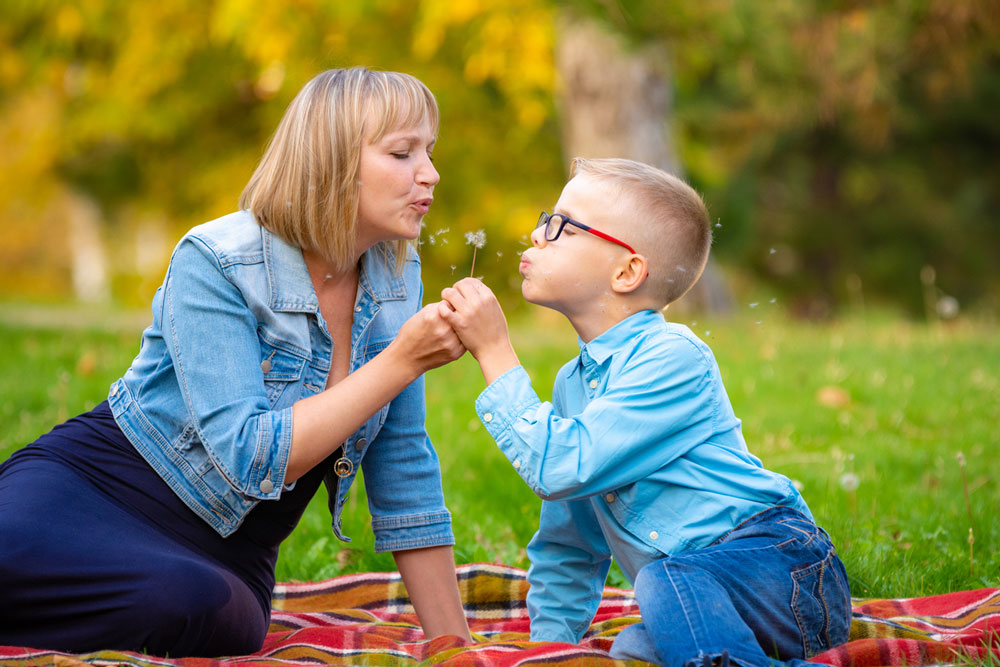
Parents are really good at being productive. Some might say it’s our superpower.
Someone hungry? We seemingly snap our fingers and have a snack ready.
Need to be somewhere on time? Shoes magically appear at the door.
Walk into a room and see a bunch of things that aren’t supposed to be out? We organize like wildfire.
Our efficiency serves a great purpose; our brains have developed over the years to help us get stuff done. We meet deadlines this way; we feel order and purpose.
While that’s helpful for, well, getting stuff done, it sometimes creates the unintended effect of damaging our understanding of---and therefore our connection with---our kids. Of course, that’s not what we’re trying to do when we just want to be productive.
Now, we already know that being a helicopter parent, a snowplow parent, or a tiger parent isn’t beneficial to our kids’ growth and development. When it comes to efficiency, however, blowing in and out of their activities like a tornado parent isn’t any better.
By design, kids naturally move much more slowly than we do. Their brains aren’t wired for efficiency; they’re wired for learning. The part of the brain that handles organization and planning (the prefrontal cortex) doesn’t even fully develop until around age 25.
So much of the world around them is new that it’s actually quite beneficial to them to go at a much more lackadaisical pace; to learn the finer points of how things work. After all, everything in life is still relatively new to them. Our adult brains can afford to take for granted most of the “little things” that they’re still learning.
Remembering that, it behooves us to slow down a bit and see things from their perspective. Yes, yes – keep the snacks coming on time, and get where you need to go for your appointments. However, if you walk into a room and see a “mess,” remember that your child has put each item there intentionally. Get curious about what they’ve built; learn what different parts of the “mess” represent for them. There’s always so much more going on than it seems.
In doing so, you’ll likely uncover castles of information about your child’s brain development and priorities. You’ll learn that they’re building; organizing; categorizing; engineering. They’re doing great things. And they very much want you to be a part of it. Find a balance for what needs to get done now versus what can wait. As much as you reasonably can, let your adult tasks take the backseat sometimes.
Your focused presence shows your child that you care. You’re involved in their world. Once they’ve shown it to you, it won’t seem so tornado-like when you blow into the room. They’ll know you’re coming to understand them; to connect. Connected parenting builds a wonderful foundation for both of you.
Sometimes being “unproductive” is the most productive thing you can do for your relationship with your child.



























